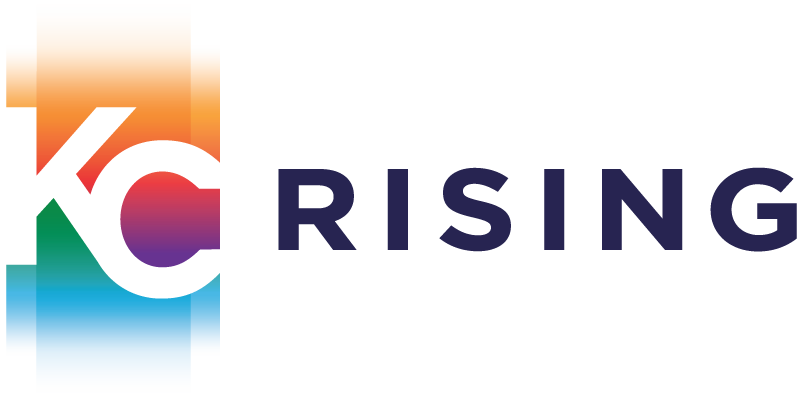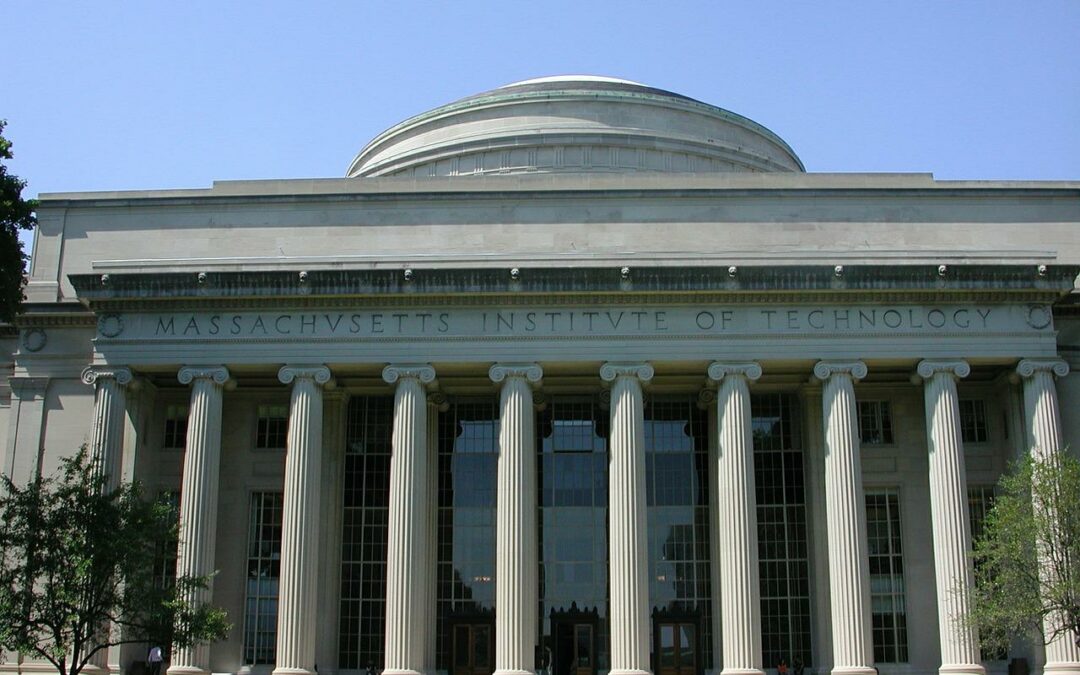“No one is in charge of entrepreneurship.” – this quote, attributed to Professor Scott Stern in a May 16th blog, became the motto for faculty facilitating the MIT REAP Cohort 9. With no single party in charge, the government, existing corporations, entrepreneurs, venture capitalists and universities all had an equally vital role. They cooperated, supported each other, and were willing to let everyone (and no one) be in charge.
MIT REAP Cohort 9 met in person in Boston, MA, from June 28th to the 30th. It was an information-packed, three-day whirlwind. The Kansas City team was the most geographically diverse, recognizing that resources from Manhattan to Columbia would play a vital role in building the Biologics Hub.
The Biologics Hub focuses on building Innovation Driven Enterprises (IDEs), where invention plus commercialization defines innovation. IDEs create demand for Small and Medium Enterprises (SMEs), primarily focusing on IDEs and the role of government, entrepreneurs, venture capital, universities, and existing corporations. The development and growth of IDEs are dependent on the region’s innovation capacity (ICAP) versus entrepreneurial capacity (ECAP) and the interrelationship of the implemented strategy, stakeholders and systems.
A growth strategy based on IDEs is not without risk, as only one in ten IDEs will succeed. Preparing to repeatedly fail along the way and not take any successes for granted will be necessary.
The Cohort identified a short-term win to build on the existing strength of the Contract Research Organizations (CROs) in the area and implement a process to measure growth, as this will reflect the growth in the entire biologics industry.
The time in Boston included three tour options of the Boston-Cambridge Innovation Ecosystem. The facilities, resources and amount of programming are excellent and not something that Kansas City could (or should) replicate. The take-home message, however, can be repeated. No matter the resources, there is a need for consistent and relevant programming, relentless efforts to increase awareness, and constant fostering of connectivity among diverse groups.
The Biologics Hub, part of the KC Rising vision, will not happen overnight. As one speaker told us – “MIT will be here in 100 years. We can afford to take the long view”. And just like MIT, Kansas City will be here in 100 years. It will be the most inclusive hub for biologics development, production, and distribution.
– Lisa Lorenzen, Assistant Vice Chancellor, University of Missouri

